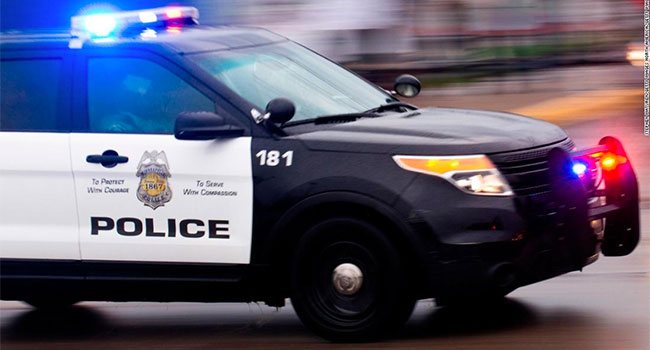
Minneapolis Schools Cutting Ties with City Police
- By Ralph C. Jensen
- July 28, 2020
In June, like several other public and private institutions, the Minneapolis Board of Education unanimously voted to cancel its contract with the Minneapolis Police Department in response to the killing of George Floyd. The call for dismantling police forces, in this case, on campus is getting some mileage.
The public schools now plan to hire “public safety support specialists.” Students at North High School as well as their school board representative, KerryJo Felder, wanted to keep their school resource officer (SRO) but other school board members said no. When school starts again, there will not be SROs on campus protecting students, staff or administration. This decision is the first time in 50 years that SROs will not be in schools.
The replacements, or alternate security will be in place in August but so far the district has failed to communication their intent to teachers, students and families. Superintendent Ed Graff is supposed to have an alternative plan, but so far, no word for engagement.
Last week the Minneapolis Federation of Teachers (MFT), the teachers union, stumbled upon a posting for a new full-time security position that the district calls “public safety support specialists (PSSS).” They won’t be cops, but are required to have law enforcement degrees and experience. Their list of responsibilities include breaking up fights, monitoring security at events, and providing “a bridge between in-school intervention and law enforcement.”
The district plans to pay PSSS $65,695-$85,790. The application was posted online for two weeks. The alternate plan has teachers and families upset to the point of holding a rally at district headquarters, protesting the hiring of what they suspect will be a “rent-a-cop.” The protestors say this security measure means less accountability than state licensed law enforcement.
“When we said we didn’t want any more SROs, any more police officers in our buildings, we did not mean, 'hire a bunch of private security officers and put them in our buildings,'” said MFT president Greta Callahan, a teacher at Bethune Community School in Near North. “Let me ask you a question. If I order a sandwich, and I say, ‘Hold the mayo,’ does that mean put a bunch of Miracle Whip all over it? They’re missing the point.”
The union is asking students and parent to make their opinions known by calling the district with two demands: Stop the PSSS hiring process, and involve the public on how school security will be reconstructed.
The questions arises from those involved: “Who is going to hold these people accountable? We don’t know these people. Where are you from? What do you believe in? At least with the police we had some checks and balances.”
School security monitors can make as much at $18.10 an hour, but the district plans to pay the public safety workers, in some cases, far more than most teachers, while failing to invest in hall monitors that have established relationships with students. By implementing the campus safety specialists, the district will save $1.1 million a year after canceling its contract with Minneapolis Police Department. Most of that money -- up to $944,000 -- will go toward hiring 11 public safety specialists.
About the Author
Ralph C. Jensen is the Publisher/Editor in chief of Campus Security Today.